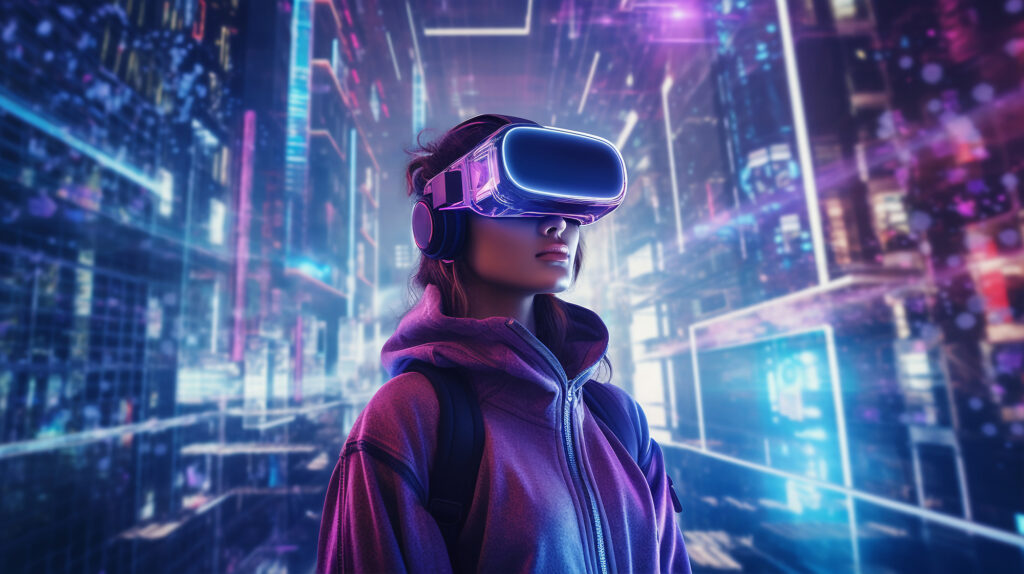Gamification
- Home
- Gamification
Gamification and Game-Based Learning
Gamification employs an empathy-based approach, such as Design Thinking, to introduce, transform, and operate a service system that provides players with a gainful experience, supporting value creation for both players and other stakeholders. At Star IT Euro, our gamification designers refer to users as players, emphasizing that the motivations and interests of the player are central to the gamification design.
With the rapid development of the information technology industry, educational games have seen widespread adoption. Both domestic and international experiences demonstrate that educational games significantly impact the growth of young people. However, media reports and academic research highlight several issues, such as non-scientific game design, unreasonable educational methods, and unsatisfactory outcomes. Despite these challenges, educational games will continue to play a crucial role in youth learning. Improving their effectiveness requires understanding their positive roles, setting reasonable goals, designing scientific content, enhancing effect evaluation, providing timely feedback, and thoroughly controlling their use.
– Enhancing Learning through Gamification
Our studios integrate game mechanics with e-learning instructional design to boost employee engagement, motivation, and performance. We believe learning should be fun, engaging, and contagious—just like games! Gamification is a hot topic and, when done right, can significantly improve employee engagement, motivation, and performance. Whether designing a serious game or incorporating gamified elements into an e-learning course, there is much to learn from game design.
At Star IT Euro, we assist the industry in shifting from content-driven to performance-based learning, using theories and elements from various disciplines, including game design, instructional design, behaviorism, agile development, and design thinking. Game-based learning integrates games or gaming mechanics into educational experiences. Over the past decade, games have proven to be effective learning tools, aiding cognitive development and fostering soft skills like collaboration, communication, problem-solving, and critical thinking. Educational games, including alternate reality games (ARG), massively multiplayer online games (MMO), and global social awareness games, are increasingly diverse. Most learning games share common qualities: they are goal-oriented, have strong social components, and simulate real-world experiences relevant to players’ lives.


– Innovative Learning Solutions
As game-based learning gains traction, developers respond with games designed for immersive, experiential learning. At Star IT Euro, we create learning games that allow learners to explore, attempt, and devise solutions to given problems, supporting a hands-on, engaging learning experience.

